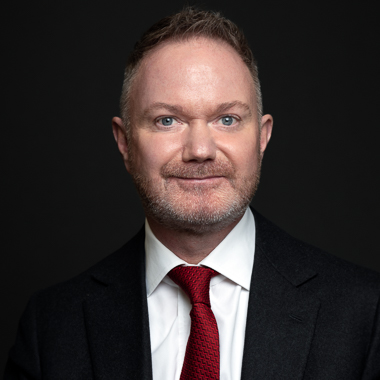2011 was another year of interesting developments in the world of anti-corruption enforcement, raising questions for companies and management in the specialist areas in which we operate as a forensic accounting and e-discovery consultancy.
Jurisdictions actively pursuing anti-corruption in the year included the UK, Canada, Germany and Switzerland and of course, the US. Cross-border enforcement actions bring particular challenges to companies and their advisors in terms of collecting, processing and reviewing relevant documents and financial data. A clear e-discovery strategy implemented at the outset of an investigation can both ensure compliance with local data privacy and blocking statute obligations and deliver substantial cost reductions through the course of the investigation.
Read the full report from Norton Rose by clicking on this link
A clear strategy also provides control over important data. For example, the 9th Circuit appeals panel decided during 2010 that law firms must produce non-privileged data which had been transferred to the US in the course of civil litigation to the DOJ to support an enforcement action. Multi-national companies with headquarters in Switzerland, for example, face particular challenges when responding to non-Swiss enforcement. From a forensic accounting perspective, enforcement involving more than one jurisdiction and International Financial Institutions requires management of the financial exposure to double jeopardy.
Sector based enforcement continues to be a theme, with the Cinergy Telecommunications and Deutsche Telekom/Magyar Telekom settlements during 2011 indicating that telecoms is likely to be a candidate for further activity in 2012. In addition we note that enforcement actions grow in the Aerospace and Travel sector, for example at Embraer. The Bridgestone Corporation settlement in September 2011 highlighted the cross-over between anti-trust and corruption enforcement, and the risks that firms carrying on internal investigations may expose corrupt activity and increased exposure to fines or disgorgement.
The 2nd Circuit Court of Appeals in the US upheld the conviction of Frederic Bourke for 'wilful blindness' during November, reinforcing the fact that investors must take care to look actively for corruption risks, especially when investing in jurisdictions or sectors which are known to be high risk and prone to these problems.
Further cases including Latin Node Inc. and in 2011 Armor Holdings Inc., demonstrate clearly that acquirers of businesses inherit successor liability for historic problems. Specialist anti- corruption pre or post-acquisition due diligence is a key tool for companies, investors and managers to make sure that they identify potential issues for remediation and reporting. Specialist due diligence may also assist with the sale or flotation of portfolio companies, by mitigating deal (and pricing!) risk.
Individuals became a key focus of investigation and potential charges in both the UK and US. This raises questions as to how the costs of data collection, search and review can be shared between individuals and companies. Companies should ensure that insurers are put on notice and should examine potential insurance coverage in respect of the costs of investigation.
The SciClone Pharmaceuticals case settled in the US at the end of 2011 and the Innospec / NewMarket civil settlement highlighted that companies and management should be aware that corruption investigations with regulators, even where not concluded, bring an increasing risk of derivative civil litigation.
In the case of SciClone the civil litigation settled before the regulatory investigation and brought both additional financial costs and new compliance obligations to the company.
In respect of compliance, the Alcatel-Lucent settlement emphasised that the design, operation and continuous testing of effective compliance regimes continues to be a key responsibility of companies seeking to protect against corruption risks in all jurisdictions. Finance directors and financial controllers, compliance and risk officers everywhere are in the vanguard of the fight. While the lack of a strong compliance programme can bring a company into trouble, including the commercial difficulty of debarment from public procurement programs and World Bank projects, the German firm Lahmeyer International achieved a world first during August 2011 when it fortified its compliance regime and the World Bank removed it from its blacklist two years early. Strong compliance programs are a vital investment.
Last, we note that the introduction of DPAs is under discussion in the UK, as a means to resolve corruption investigations. This development is interesting and will be watched closely. At the end of 2011, the SFO sponsored the publication of a boardroom guide3 to prevention and compliance in respect of serious economic crime, the primary purpose of which is to "give board-level readers in the UK and international businesses informed commentary on the impact of anti-fraud and anti-corruption legislation". It's a very useful read for 2012."







.png)